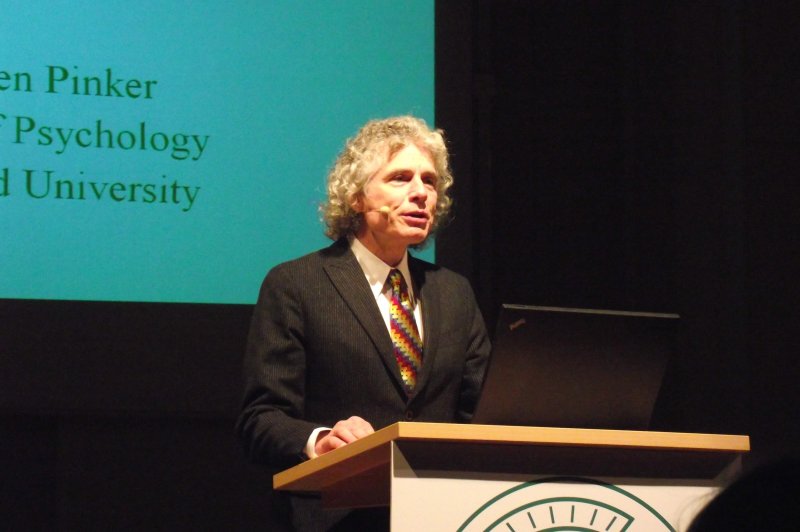“Get out of the way.”
So said the European colonists as they pushed indigenous Africans, Americans, Aborigines, and Maoris off their own lands to make way for Christianity, urbanization, Western medicine, industry, capitalism, railroads, and global warming. And so says Dr. Steven Pinker on behalf of biomedicine, stating what, in his view, should be the “primary moral goal” for bioethics.
Pinker story on GLP here.
“Biomedical research,” he writes, “promises vast increases in life, health, and flourishing.” To him, ethics is but a horsefly dogging the progress of the potent, muscular thoroughbred of biomedicine — an annoying obstacle bogging down life-saving research in “red tape, moratoria, or threats of prosecution based on nebulous but sweeping principles such as ‘dignity,’ ‘sacredness,’ or ‘social justice.'”
If he and other scientific cheerleaders had their way, not only regulation of medical research but even serious discussion weighing potential harms and benefits would vanish, so that the researchers could get on with their task of saving the world.
Pinker’s Panglossian paean notwithstanding, biomedicine, like industrialization, has a mixed legacy. Industrialization has brought improvements in public health and quality of life, reduction of death and suffering, and profound creativity and culture. But it has also led to the destruction of cultures and ecosystems, pollution, and climate change.
Further, it has increased some forms of suffering — through, for example, sweatshops, child labor, and occupational disease and injury. Industrialists, too, like to cry “Get out of the way!” to regulators who think beyond the short term.
The GLP aggregated and excerpted this blog/article to reflect the diversity of news, opinion and analysis. Read full, original post: Putting Ourselves in Harm’s Way































